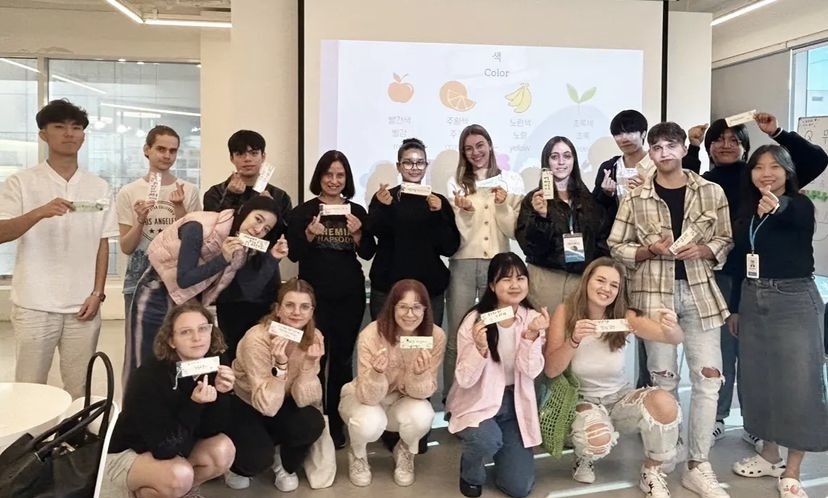
(as of July, 2024)
Learning Korean has gained a lot of popularity in recent years. This surge is likely due to the rise of K-Dramas, K-Pop, and K-Movies. Additionally, Seoul has established itself as a vibrant city, attracting an increasing number of expats, international students, and travellers. Many of these visitors want to learn the language.
As a result, there are a lot of language learning options to explore. For those ready to commit to an extended period, there is the option of learning Korean at a university. This option qualifies for a visa which allows one to work part-time jobs, and students can stay for up to two years. This is great for those wanting to immerse themselves deeply in this vibrant city or planning to settle here.
For those with less time or in need of more flexibility, a variety of private language schools and hagwons are available. These offer classes catered to any timeframe or schedule, whether in the evenings for a couple of hours at a time, or on a more full-time schedule, typically by the month.
For those coming to Korea for the first time or without any previous Korean knowledge, a private school may be a great option due to the additional services that some offer. From airport pickups to arranging accommodations and helping with the purchase of a SIM card, these schools offer rich and varied cultural programs, with field trips to the DMZ, Korean parks, palaces, and amusement parks—ensuring every interest is catered for. To top this off, there are sometimes class lunches and afternoon workshops, such as Korean cooking and handicrafts.
Language schools in Korea are extremely efficient. There is little to no repetition. Instead, a large amount of grammar and vocabulary is taught in a short amount of time. This is great, as anyone with an interest in learning the language will know that it is impossible to grasp Korean grammar concepts with nothing but the aid of an app. On top of the time you spend in class, you should be sure to plan sufficient time for self-study and homework.
Beyond traditional classroom-style learning, language exchanges have become popular. These have the advantage of being bookable at short notice. Rather than focusing on a curriculum, they offer a relaxed and laid-back environment to speak in Korean with locals (who are often interested in practicing their English, or any other language). This is great not only to practice speaking, listening, and pronunciation, but also to learn and understand how locals talk outside classroom settings. These groups can be easily found on Instagram or Meetup, and you may want to try out a few to find one that works well for you
Attending regular language exchanges enhances the learning experience when combined with a traditional school setting. I really liked the SeoulShare Language Exchange. Meetings are held on a weekly basis, which is great for building a steady routine. It is also great to find familiar faces not only during these language exchange sessions but also at other SeoulShare events. Not only does this enhance the sense of community and increase the comfort level, but it also opens the doors to comfortably speaking in Korean outside of the classroom.
You will probably find that you may need to try different approaches at different moments during your Korean language learning journey. Learning grammar may be most useful to you at certain stages, while doing your best to immerse yourself in conversation or listening practice may be what you need at other stages. You may find that you need to practice in the context of particular situations (formal business situations vs hanging out with friends). Don’t be afraid to switch gears and explore new approaches as you need them.
Though this article focuses on in-person language schools and hagwons, there are other on-line options that you might find helpful at different stages of your language learning journey. A few worth highlighting are the King Sejong Institute, which offers free on-line courses, and the Talk to Me in Korean (TTMIK) site which has a lot of great content for all aspects of language learning and levels.
Personal experiences
K.T.: I spent eight weeks at Rolling Korea, and genuinely enjoyed the experience. Classes are on the small side, with about ten students in my course. The teachers were super nice and friendly. Two of them have remained my friends to this day.
The school offers an all-inclusive service, arranging everything from airport pick-ups to accommodation, to organising SIM cards and help with translations in case of need, (such as Hospital appointments). I did not take advantage of this personally, as I prefer to organise things myself, but this level of support may be valuable for less experienced travellers.
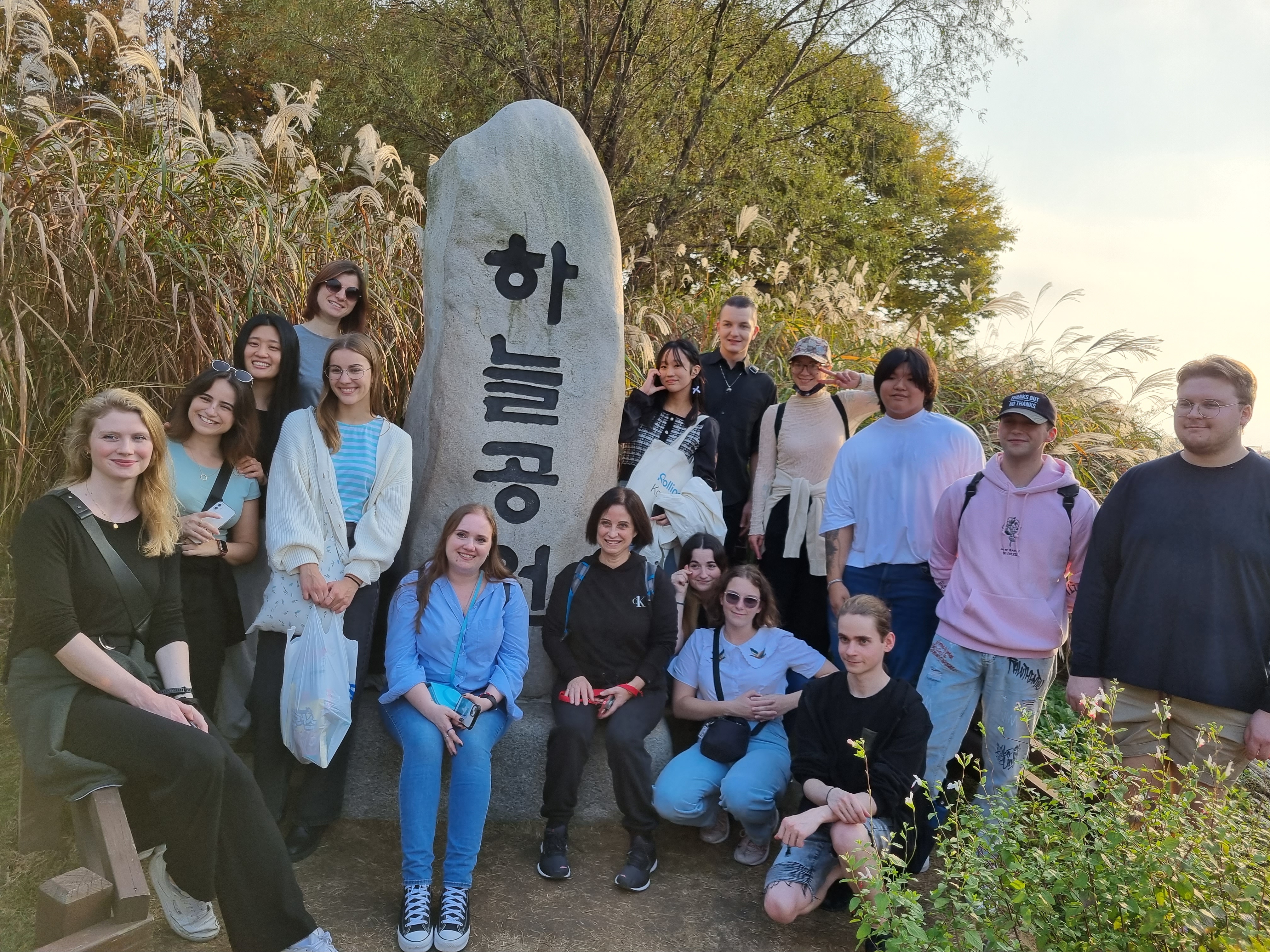
Classes went from 10:00 to 1:00, which were intensive and focused, covering a large amount of grammar and vocabulary in a short time. The homework and self-study added another 2-3 hours to my daily schedule.
After class, we had class lunches, where the teachers introduced us to local cuisines. There were handcrafting sessions, simple Korean cooking classes, and other indoor activities. Twice a week, there was the option to visit palaces, parks, and attractions, such as Lotte Tower or Everland.
In addition, by joining the SeoulShare language exchange, I had a perfect package deal for my Seoulventure.
___________________
LYP: I studied primarily at Ganada, another language academy (with branches in Hongdae and Gangnam). During some periods, while I was working, I attended evening classes (2 hours, 2x/week), while during other periods I was able to attend the more intensive 4 hr/day, 4 days/week classes. I found the teachers to be great – skilled at managing students from a variety of countries, and very helpful and patient. Classes were small (typically 8-10 students at the introductory levels and 3-6 students at the more advanced levels). I really appreciated the flexibility of the month-to-month courses (as opposed to signing up for a semester-long course at a university). They also offer classes focused on learning Korean for business, in case that’s what you need, as well as advanced classes that focus on conversation, and private lessons. They also produce their own series of Korean language books/workbooks which are actually used by some of the other language academies.
At some point, as much as I like the structure of learning grammar, I decided I needed to spend more of my time on finding ways to improve my listening and speaking skills outside of a classroom format. The Seoulshare language exchange has been great for this, along with working through a lot of listening and speaking practice via various on-line resources.
Language Learning Options in Seoul
This list is not meant to be exhaustive – we’re providing some basic information of places that we have had personal experience with as a way to get you started as you look for a language program that will suit you. Note that “full-time” language programs are typically 4 hours/day, 4-5 days/week.
University based programs
- Ewha Language Center
Website: Ewha Language Center
Contact: +82-2-3277-3681
Description: Provides a supportive environment with a focus on integrating language skills with cultural experiences.
Cost: Approx. ₩1,500,000 per 10-week term.
- Sogang University Korean Language Education Center
Website: Sogang KLEC
Contact: +82-2-705-8088
Description: Renowned for its focus on speaking skills and interactive learning methods.
Cost: Approx. ₩1,750,000 per 10-week term.
Hagwons/Language Academies
Many of the language academies/hagwons have a variety of classes (evenings only, weekends only, including cultural immersion elements…) which will differ significantly in price.
- Ganada Korean Language Institute
Website: Ganada
Contact: +82-2-723-9070
Description: Known for comprehensive language programs and personalized approach, providing both group and private lessons.
Cost: Approx ₩490,000 (for 48 hours/month course.)
- Rolling Korea
Website: Rolling Korea
Contact: +82-2-6014-0560
Description: Offers comprehensive Korean language courses along with various cultural activities like K-Pop dance classes.
Cost: Approx. Intensive course ₩630,000 for 21 hours/week, general course ₩470,000 for 15 hours/week, however, prices vary on the length of your course and the time of booking (you can really benefit from booking in advance).
- Seoul Korean Language Academy (SKLA)
Website: SKLA
Contact: +82-2-734-7766
Description: Offers a variety of programs from beginner to advanced levels, with flexible class schedules for working professionals.
Cost: Approx. ₩500,000 for 40 hours/month

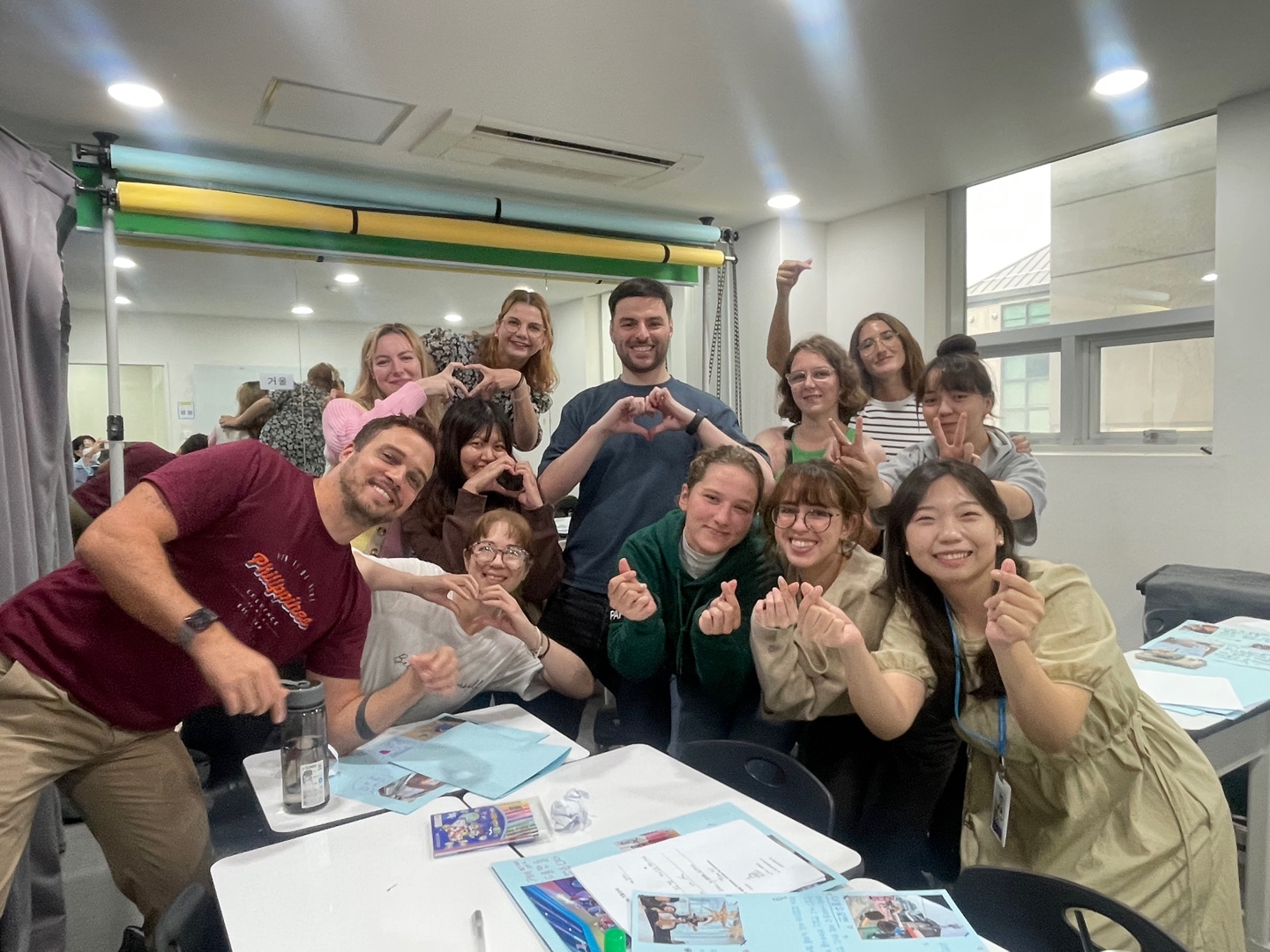
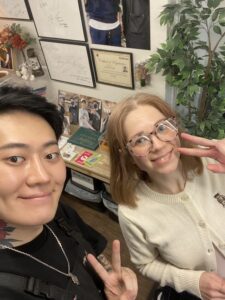
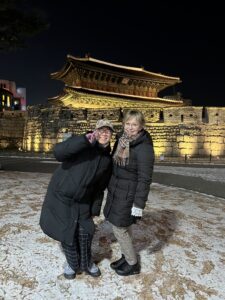
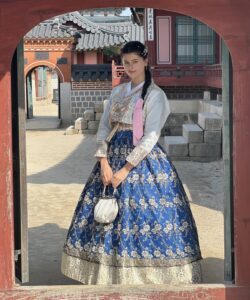
Pingback: An Introvert’s Guide to Seoul (Part 2): How to make friends 🌸 - SeoulShare